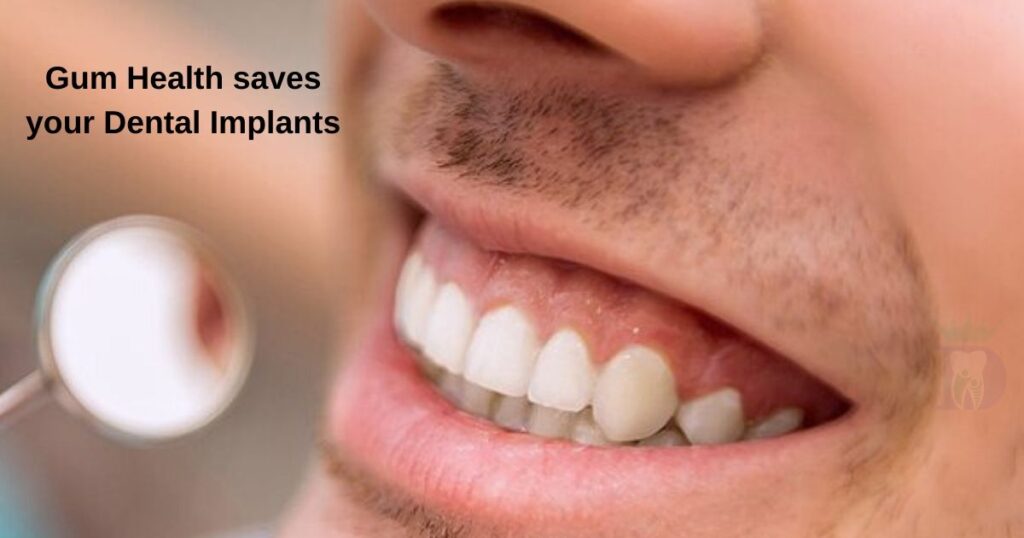Dental Implants are an ideal treatment solution for replacing one or more badly decayed teeth or missing teeth. Laying a Dental Implant is a full-fledged surgical procedure that involves drilling your jaw bone and placing the implant. The implantation procedure usually has a high success rate. Every year it is estimated that less than 5% of dental implants fail. Although the advancements in dentistry have greatly reduced the rate of dental implant failure, there are still chances for a successful implant to fail due to oral diseases that can occur mainly due to poor oral hygiene maintained by the patient. Peri-Implant diseases are one of the main causes of dental implant failure.
What are the Peri-Implant Diseases?
Peri-Implant diseases are basically gum diseases that occur around the base of the implant. It is categorized as an inflammatory disease that affects both the hard and soft tissues surrounding the dental implant. Unlike natural teeth, dental implants do not get decayed since they are made up of inorganic materials. However, the build-up of bacteria around the dental implant in the soft tissues that surround them can cause inflammation and damage to the gum tissues. It can lead to damage to the underlying bone tissues and can ultimately lead to dental implant failure if left untreated. The two different types of peri-implant diseases are peri-implant mucositis and peri-implantitis. Peri-implant mucositis affects only the gum tissue while peri-implantitis causes bone loss too. Peri-implant mucositis is considered to be the predecessor of peri-implantitis. Peri-implant mucositis can be treated using medications while peri-implantitis requires surgical intervention.
How to detect and prevent Peri-implant Diseases?
Since peri-implant diseases are technically a kind of gum disease, it displays all the signs of gum diseases. Some of the common symptoms of peri-implant diseases include bleeding gums while eating or brushing, red and tender gums near the implant, and gum recession through which the implant may be visible. It should be told that most people with an impending dental implant failure notice it only when the implant is visible through the receded gums. They are definitely not maintaining proper oral hygiene and more importantly not visiting the dentist regularly. Had they had been visiting a dentist regularly; the dentist would have pinpointed it early even before the stage of gum recession. People with diabetes or people with smoking habits are more likely to get a peri-implant disease.
The primary method to prevent peri-implant diseases is to practice good oral hygiene. Regular cleaning by brushing, flossing, and rinsing with anti-bacterial mouth wash should be done religiously twice every day. More importantly, regular dental check-ups must be done to inspect the health of the gums and implant. Poor gum health has been and still is one of the biggest reasons for dental implant failure throughout the world. Hence it is very important to maintain proper oral health to reduce the risk of dental implant failure due to oral diseases.


